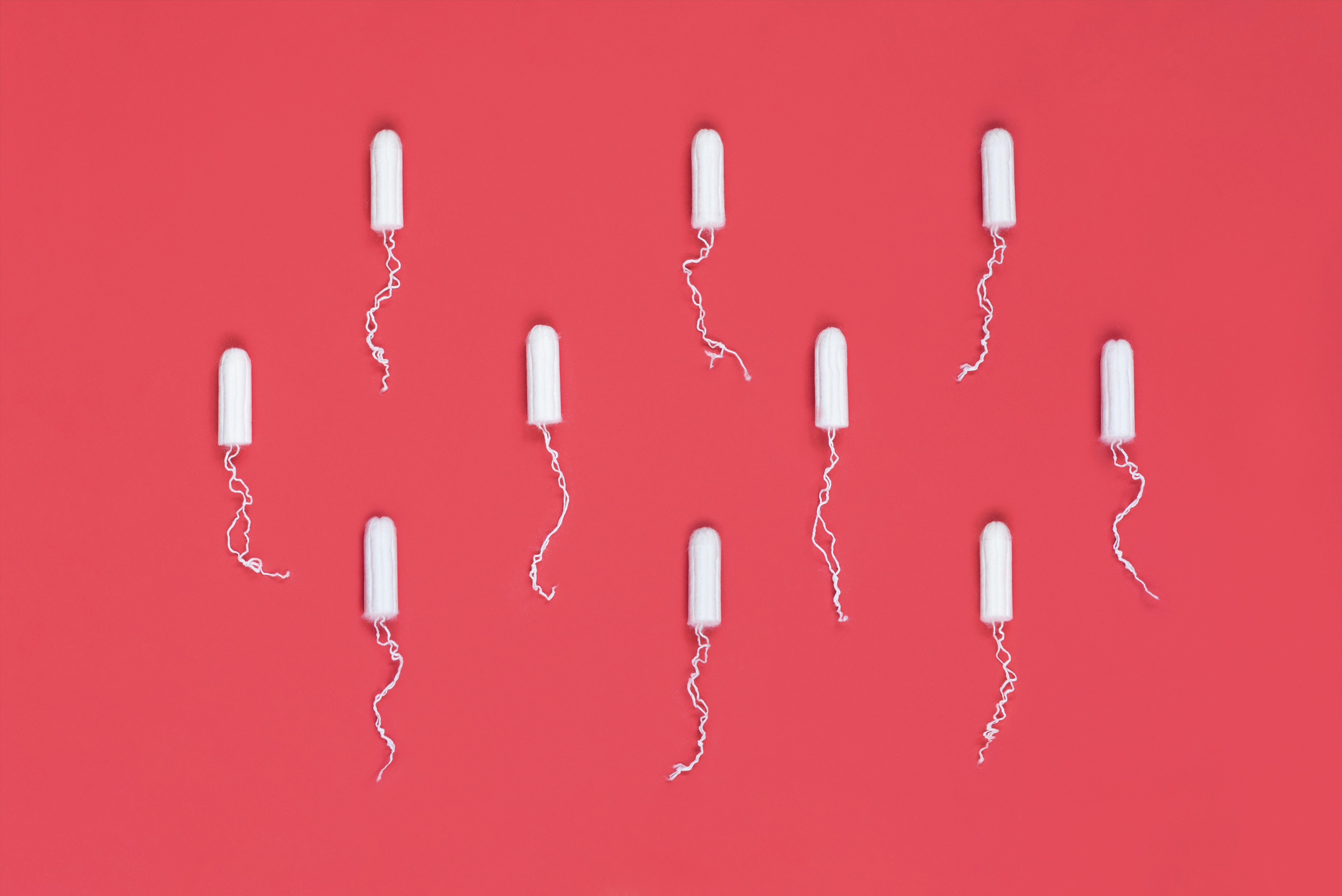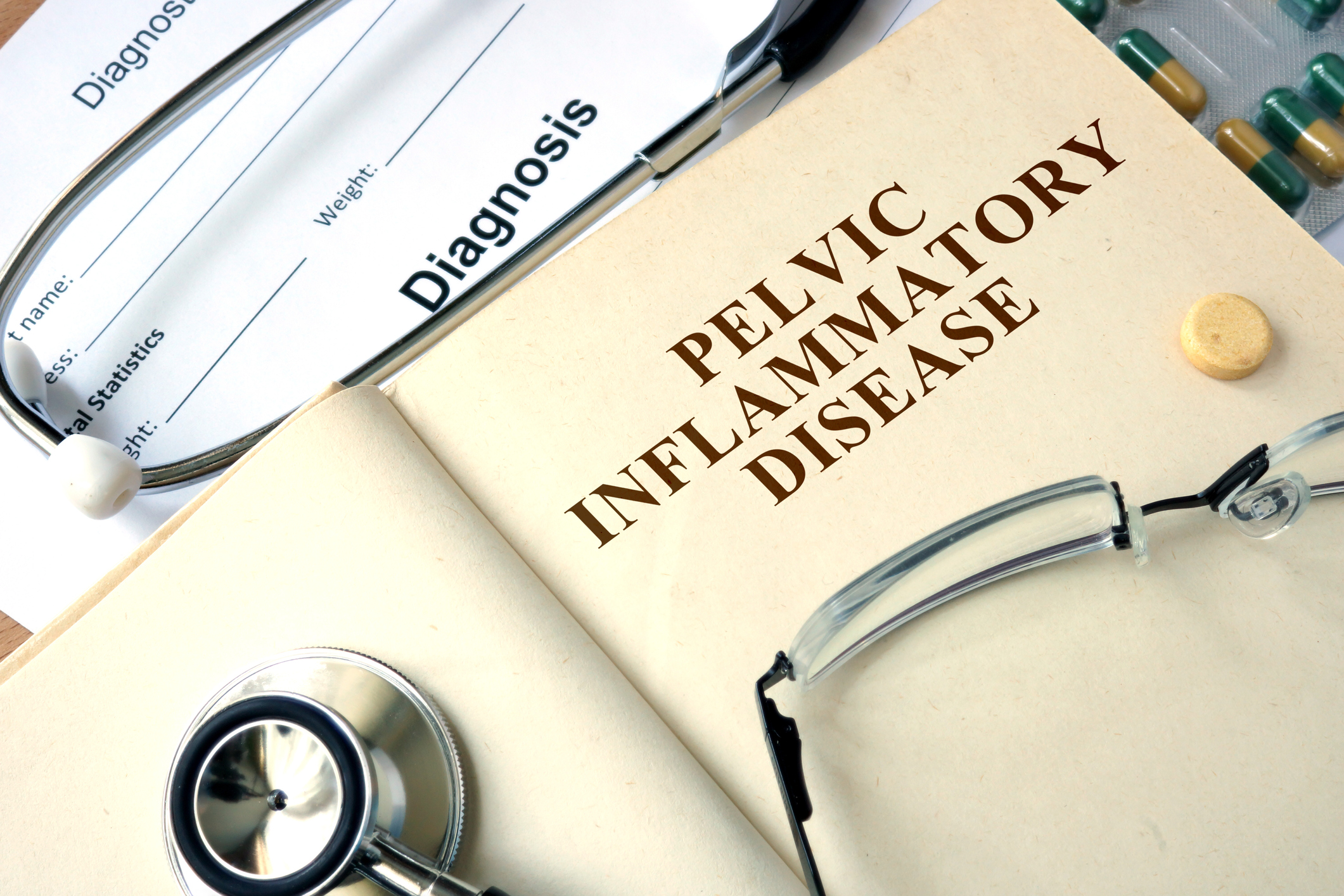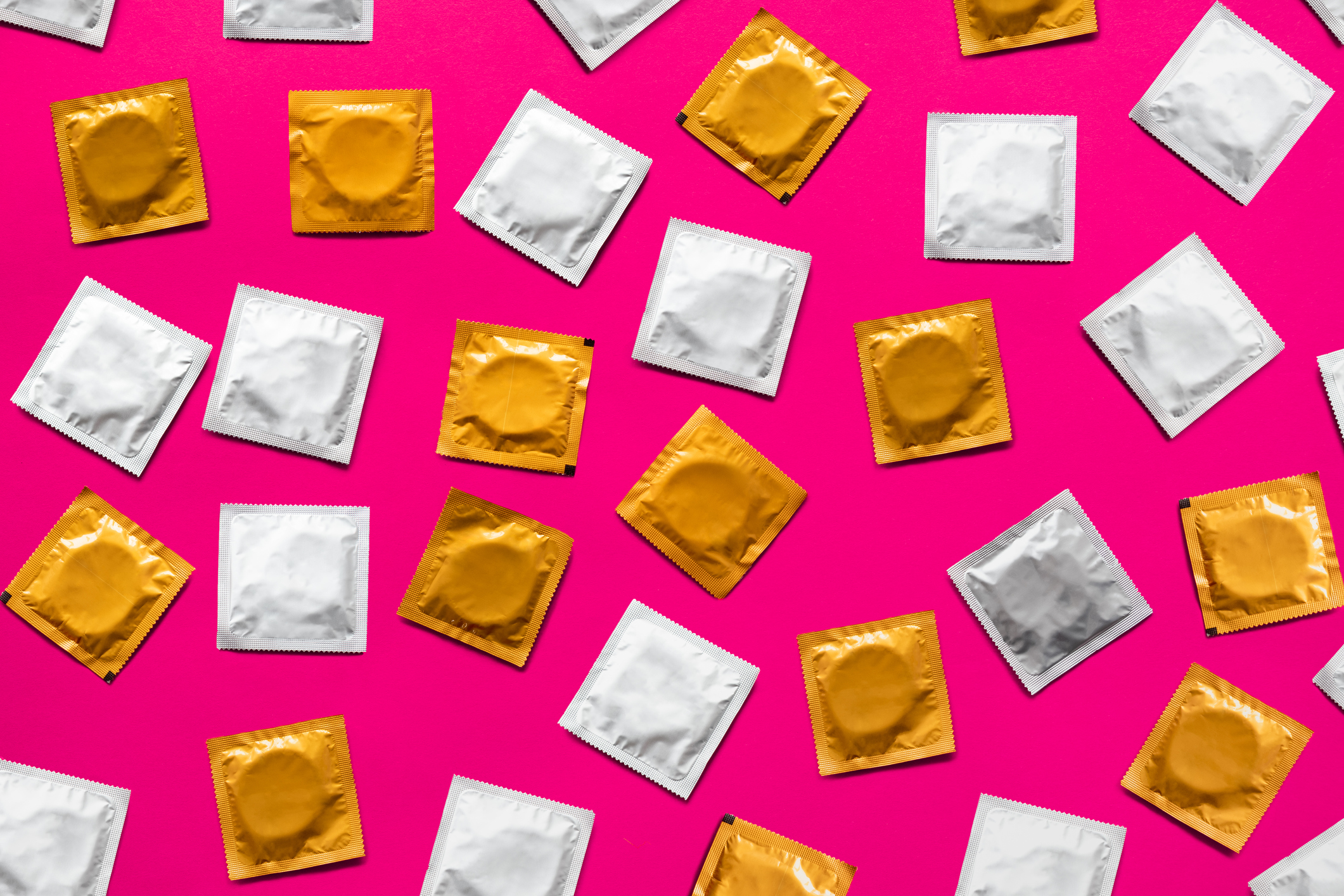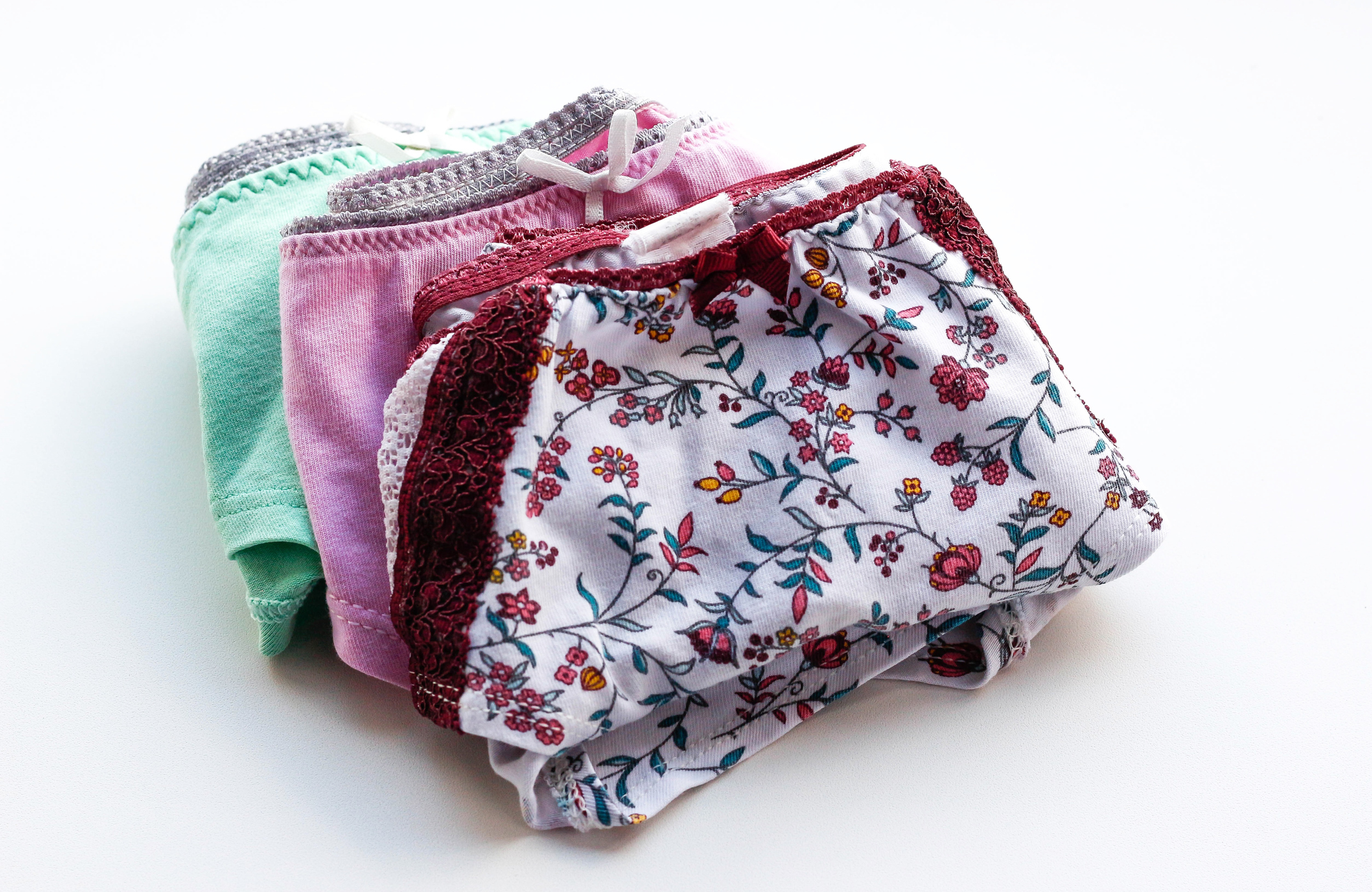
Listen up ladies, it's perfectly normal for your vagina to have some sort of smell. All healthy vaginas have their own particular scent. And, no, that scent does not involves smelling like a bouquet of fresh-cut flowers. We're women, not flowers. All woman have a feminine odor and your daily activities and diet can have an effect. Like, after a serious workout session or if you eat lots of onions, garlic, and asparagus. But there's a BIG difference between a natural healthy vaginal smell and a smell that could indicate you have an infection and need to see a doctor. The trick is to know the difference!
More from MamásLatinas: 20 Tips for a good night's sleep
To be absolutely clear, vaginal odor is a normal and natural thing. But having a funky smell is not part of the nature of things! A strong scent could mean you have a bacterial infection like, bacterial vaginosis or even an STD. So it's definitely important to be aware of your natural smell and notice if and when things change a bit. It's all just part of knowing our bodies so that we can take great care of them. No need to freak out, but here are nine vaginal odors and what they could mean!
A rotten smell could mean you forgot something.

When you insert something into your vagina, like say a tampon, and forget to take it out, it will start to smell bad and you will notice. The reason it gets smelly and could even lead to yellow or brown discharge is because bacteria is growing on it. It isn't really dangerous as long as you get it out in a reasonable amount of time.
A foul odor accompanied by a fever and other symptoms can be serious.

According to the Office on Women's Health, the signs of pelvic inflammatory disease include a foul odor in the vaginal area, a fever of 100.4F or over, pain during sex or urinating, and pain in the lower abdomen. It can be transmitted sexually, and it needs to be treated with antibiotics. If left untreated, it can cause infertility and other serious conditions.
A bit of a musty or musky smell is nothing to worry about.

Vaginas have a natural musky/musty scent to them, which can magnify after an intense spinning class or anything else that's physically active. That's totally normal, so don't stress! Keep it clean by washing down there in the mornings and in the evenings with water and a gentle, fragrance-free soap.
A strong fishy odor is a warning sign.

If you notice a funky, fishy smell down there it might mean you have an infection. It could be bacterial vaginosis, a vaginal imbalance triggered by an overgrowth in bacteria or—even worse—a sexually transmitted disease. This usually comes with abnormal discharge, too. So definitely make sure you visit your gyno ASAP!
A bread-y or yeast-y odor should not be ignored.

If your vagina sort of smells like bread, you probably have a yeast infection. Not only does it give off a yeasty scent, but you'll also notice thick, white discharge that resembles cottage cheese. Yeast infections also tend to cause itchiness in the area. Fortunately, treating a yeast infection is not hard. Check in with your doctor to make sure that what you have is actually a yeast infection and they can prescribe something or you can also opt for an over-the-counter antifungal medication.
The metallic-y scent of blood.

You know that metallic-y scent that blood has? It's normal for your vagina to smell like that especially right after you've had your period. Just because you're no longer seeing blood on your panty liners doesn't mean there isn't still dried-up blood in there that can throw off your normal odor. This is totally normal.
A sweet scent could be related to what you're eating.

Ever heard the expression "you are what you eat?" Well, if there's one body part that proves that, it's the vagina. Certain foods can actually change the way your hoo-ha smells. For instance, if you're eating a lot of citrus or acidic fruits, like pineapples or grapefruits, it can sweeten the smell (and even the taste) of your vaginal fluids. But this goes for all kinds of foods, not just fruits. So try not to eat onions, garlic, asparagus or broccoli too often because your vagina will start to smell like that.
A rubber-like smell could be coming from a rubbery product.

If your vagina smells like rubber or plastic, it could easily be from condoms or even sex toys (if you use them often). The smell will usually go away pretty quickly and isn't anything to worry about. It just means that you are using items that have that kind of scent.
A bleach-like scent could be related to products you're using.

Some lubricants or spermicides can also leave your vagina smelling kind of like bleach. At least that's how some women describe it. The good news is it's not a bad thing health-wise. If you don't like the smell, try using a different lubricants or condoms.
Use breathable panties.

Try switching to cotton panties. It's the only material that allows your vagina to breathe. It also helps reduce sweating and moisture buildup that can lead to a funky bacterial infection. And if it's hot out, remember that your lady bits sweat and change your underwear when needed. You also don't want to sit in a wet bathing suit any longer than you have to because bacteria loves to bread in warm, moist areas.
Take probiotics regularly.

A smelly vagina usually means there's an infection going on down there. To avoid a yeast infection or bacterial imbalance, try taking probiotic supplements or eating yogurt that contains probiotics daily. This promotes good bacteria and helps prevent and fight bacterial and fungal vaginal infections.
Remember to always practice proper hygiene.

The key to having a healthy vagina with a natural odor is to make sure you're keeping things clean down there. Try washing with a mild, fragrance-free soap and water every time you shower and also before and after sex. It really doesn't take much to keep your vagina clean, just regular washing with gentle fragrance-free soap and water.


